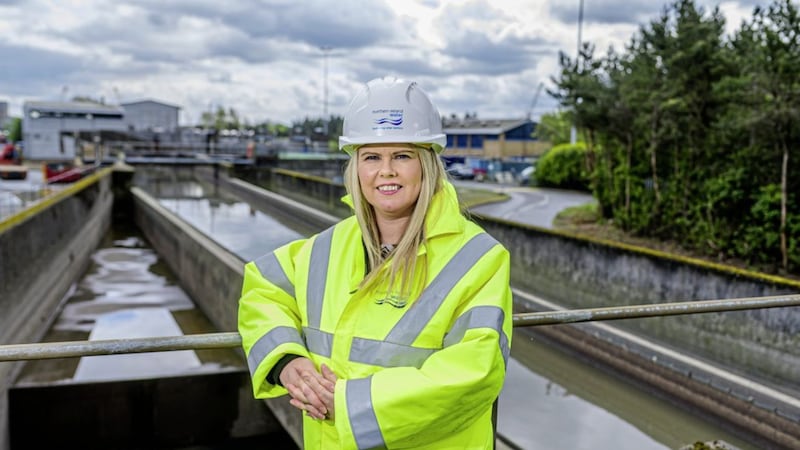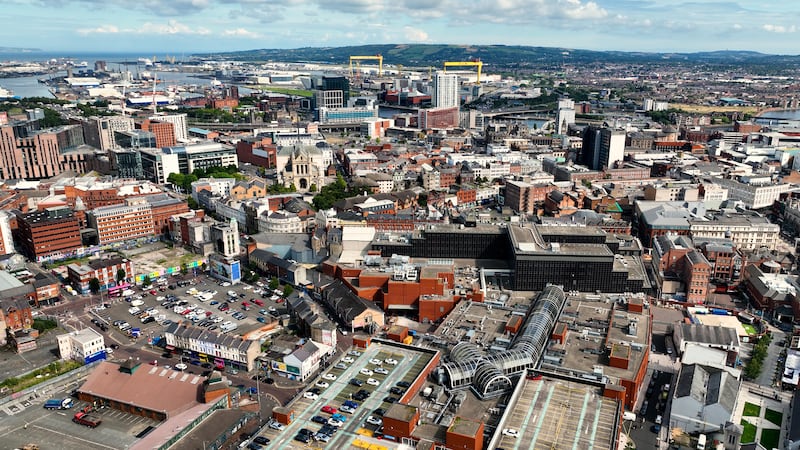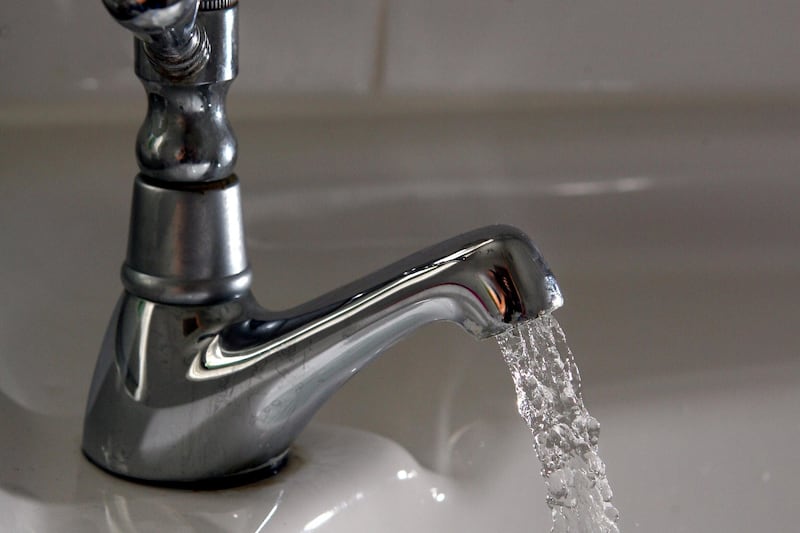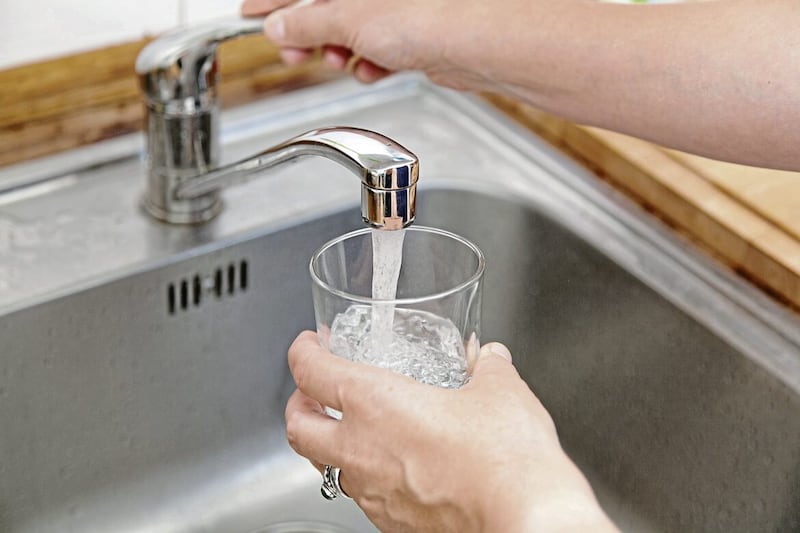THE north’s failing wastewaster infrastructure is holding up new housing and business developments in 116 towns and cities, NI Water has said.
The latest annual report from the utility company has once again highlighted what it calls its “chronic underfunding”, warning that unless additional capital investment is provided, Northern Ireland’s economic recovery will be restricted, with the natural environment suffering more damage.
NI Water has said its next business plan, which covers 2021-27, requires £2.2 billion in capital funding, with £500 million needed for Belfast alone, to address strategic drainage issues.
It costs around £460m a year to deliver water services in the north, but the introduction of domestic water charges remains a highly politically contentious matter.
On the face of it, NI Water is a highly profitable company, posting a pre-tax profit of £84.5m for the year ending March 31 2020
But the company receives an annual subsidy from the Department for Infrastructure (DfI) in lieu of domestic water charges. In 2019/20 the subsidy stood at £310m.
Non-domestic customers generated £80.5m for NI Water last year.
But it is in capital investment in infrastructure where it says that Northern Ireland is falling behind.
Covid-19 has also heaped more pressure on NI Water, with increased usage by domestic users during lockdown and a significant fall in cash-flow from non-domestic customers.
It has also faced extra costs through PPE requirements, delays to capital projects and an increase in sewer blockages.
A 1.7 per cent increase in non-domestic water and sewerage charges, due to be introduced in April, has also been deferred and will be reviewed again in September.
NI Water’s annual report states that the public investment in the sewerage system over the past 15 years has failed to keep pace with the increasing demand.
As a result, it says many sewerage networks and treatment plants are now operating at or beyond their design capacity, limiting opportunities for new connections and constraining economic development in 116 towns and cities.
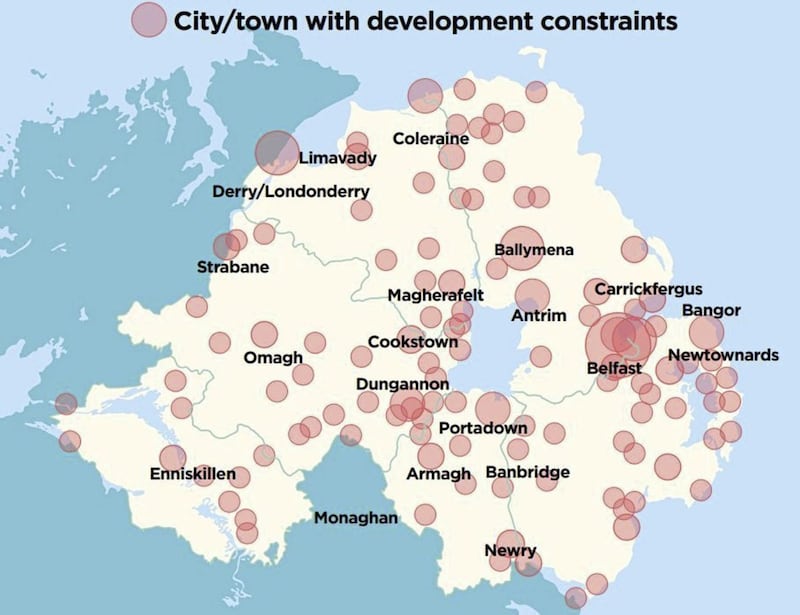
“Northern Ireland is the only region in the UK where the water utility is not funded to the levels required by its independent regulator,” said Sara Venning, chief executive of NI Water.
“The impacts of underfunding are not something we can allocate to future discussions, they are happening now and are undermining our resilience to the challenges brought by the climate emergency and a growing population.
“The scale of the problem currently facing NI Water requires major, inescapable investment.”
The chief executive added: “Failure to find a solution will lead to a funding crisis with widespread detrimental impacts for our local economy and natural environment.”
Ms Venning said that DfI Minister Nichola Mallon has made the case to the Executive, but said the solution cannot come from just one department.
“This is a health, economic and environmental crisis, which is impacting on all of society,” she said.
“The Northern Ireland Executive’s committed policy is to continue to subsidise domestic water and sewerage services through public expenditure until 2022.
“However, continued shortfalls in public expenditure funding have resulted in the crisis we have today, with 25 of the 27 economic hubs, identified by local councils for growth in the future, being restricted in building houses, schools, office buildings and factories.
“The underinvestment is also leading to inadequate environmental protection. It’s time to provide the investment that is needed."
